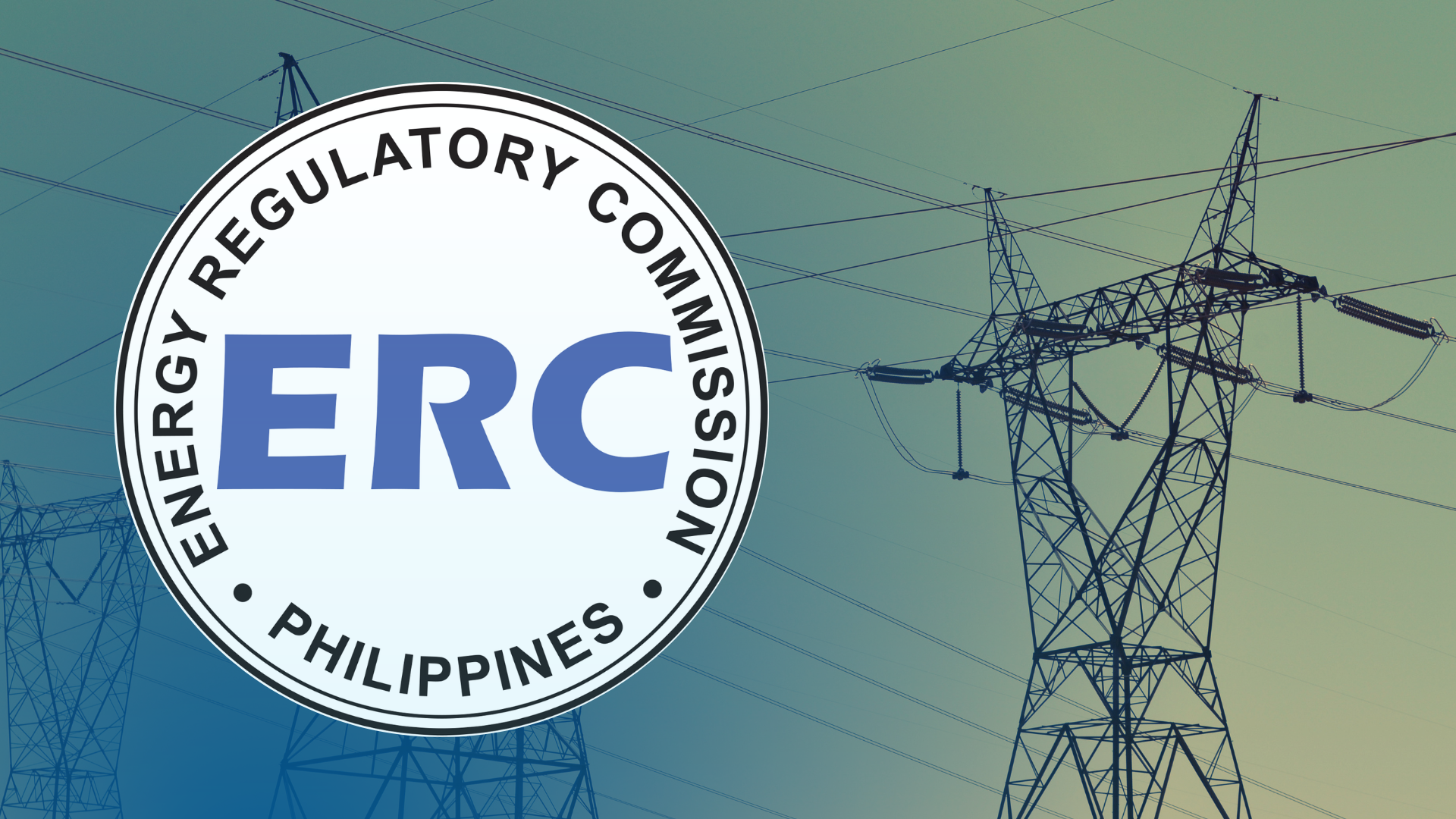Trading of power reserves may resume in July ‘or sooner,’ says ERC
The trading of reserves in the power sector may resume “next month or sooner” as rates begin to stabilize amid the start of the rainy season, the chief of the Energy Regulatory Commission (ERC) said.
According to ERC chairperson and CEO Monalisa Dimalanta, lifting of the suspension would be part of the commission’s agenda this month. “Most likely, by next month or sooner, we can already resume the commercial operations,” she told reporters on the sidelines of a recent forum last week.
Reserves or ancillary services help to ensure balanced frequency and voltage levels in the power system in case a large generating unit fails to operate at its optimal capacity. All power generation companies are allowed to sell their reserves in the “reserves market,” which is integrated in the Wholesale Electricity Spot Market (WESM).
READ: ERC eases WESM trading curbs
“Since we’re entering the -ber months, by that time, hopefully, we have the hydros in place supplying. We will have lower rates at the WESM, so there will be a bigger breathing space unlike what happened during the summer months,” Dimalanta said.
Late in March, the ERC ordered the suspension of settlement of amounts in the reserve market to provide temporary relief to consumers facing higher electricity bills. This, after the Independent Electricity Market Operator of the Philippines, Inc. reported a spike in reserve costs for the month.
In May, the ERC decided to partially lift the suspension, giving generators the go-signal to collect 30 percent or P1.72 billion of the entire settlement.
The ERC previously said it would allow the continuous flow of power reserves into the system to allow generators to recover part of their operating costs.
With the lifting of the suspension, however, consumers may have to cough up more for their power bills in the coming months as about P4 billion has yet to be settled.
“That won’t be paid in full. So, that’s part of what we need to deliberate,” Dimalanta said. INQ

